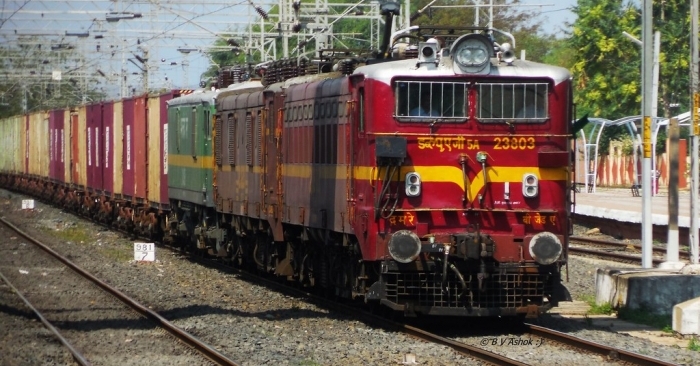New rail-road bridge over Ganga to improve freight movement efficiency
The new bridge will be built at a cost of ₹2,642 crore and and will be completed in four years.

The multi-tracking project along the Varanasi-Pt. Deen Dayal Upadhyaya (DDU) route has been approved by the Union Cabinet led by Prime Minister Narendra Modi. This project, which has been approved at an estimated cost of ₹2,642 crore, intends to improve freight movement efficiency and reduce train congestion along one of India's busiest railway routes. The project will cover important locations in the Uttar Pradesh districts of Varanasi and Chandauli and is expected to be finished in four years.
For the transportation of necessities like coal, cement, and food grains, the Varanasi-DDU stretch is critical. Both passenger and freight services are impacted by the route's frequent congestion, which is caused by the region's growing tourism and industrial needs. The proposal calls for installing third and fourth railway lines as well as building a rail-road bridge across the Ganga River in order to overcome these obstacles. It is anticipated that these improvements will increase freight capacity by being able to handle 28 million metric tonnes of cargo annually (MTPA).
By enhancing multi-modal connectivity, the initiative aligns with the PM-Gati Shakti National Master Plan, focusing on seamless logistics and integrated infrastructure development. The expansion will add approximately 30 kilometres to the existing railway network and contribute to economic growth by creating direct employment for approximately 10 lakh person-days during construction.
The use of railways, known for being both energy-efficient and environmentally sustainable, will help reduce the country’s logistics costs while lowering CO₂ emissions by approximately 149 crore kilograms—equivalent to planting six crore trees. This development will not only ease transportation bottlenecks but also support India’s climate goals and promote economic self-reliance in the region through improved connectivity and employment opportunities.



